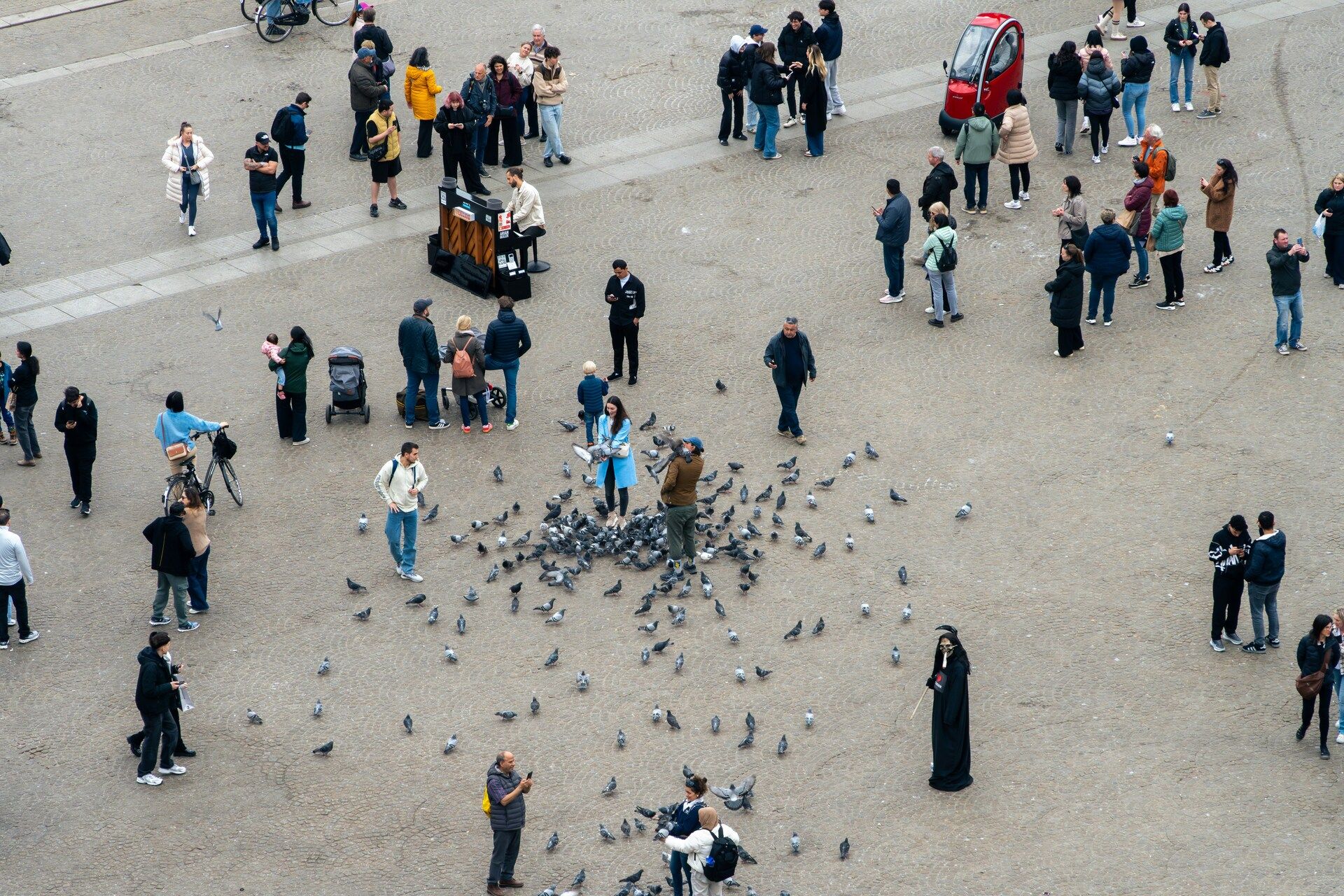A growing share of people in the Netherlands say the country is “heading in the wrong direction” and feel powerless about national and world events, according to a new report by the government’s socio-cultural think tank SCP. Many respondents describe politics as slow, quarrelsome, and unclear about who takes responsibility. At the same time, most still say democracy itself works because people can vote, parties are diverse, and free speech is protected.
What people are worried about
Many people start with global shocks: the wars in Gaza and Ukraine, and rising tension between big powers fuel a sense of instability. Climate worries add to that backdrop: heatwaves, flooding, and higher insurance and energy bills make risks feel closer to home.
Day-to-day pressures then take over. Groceries, rent, and utilities remain expensive, while wages and benefits don’t seem to keep up. Housing is a major pain point, with long waiting lists, high prices, and stalled building plans making a suitable home feel out of reach. Access to care is another strain: GP and mental-health waits, staff shortages, and rising premiums leave people unsure they’ll get help when they need it.
Concerns about cohesion and safety thread through it all. Street harassment, protests that turn tense, and online hate are read as signs of deeper polarisation. Migration and integration debates layer on worries about pressure on services and housing—alongside a desire for fair, humane rules. Tying these strands together is low trust in politics: repeated cabinet crises and party infighting reinforce the feeling that real problems aren’t being tackled fast enough.

Photo Credits: Niels Baars/Unsplash
Why engagement is slipping
SCP researcher Josje den Ridder notes that many people feel they can do little to influence outcomes. Some believe the government could act but does not (or does the wrong things), so they tune out, and a portion even stop voting. The research is part of SCP’s long-running series tracking public sentiment since 2008, which often finds people think “things used to be better.”
Common ground still exists
Despite frustrations, there is one clear point of agreement: people want politicians to argue less and work together more. They expect practical solutions to everyday issues such as housing, healthcare access, cost of living, and safety: areas where most say progress has been too slow.
SCP’s findings land amid a crowded news cycle and an election period in which trust and cooperation are key themes. As public pessimism rises, the challenge for parties will be to show tangible results on core issues while lowering the temperature of debate.


